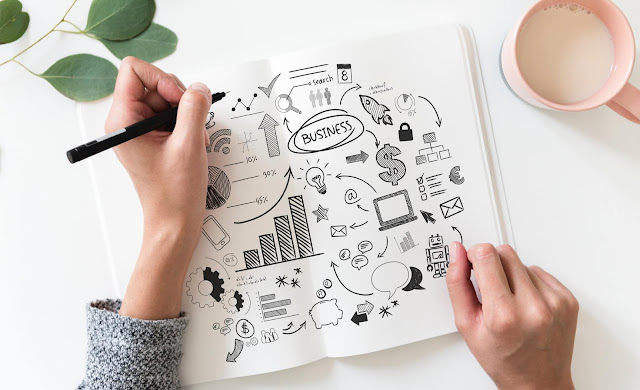5 Ways to Naturally Reduce Anxiety
Anxiety disorders has become the most common illnesses in the U.S. plaguing 18 percent of the population. From Generalized Anxiety which causes excessive worry and racing thoughts. Panic disorder can result in panic attacks that are debilitating. Social Anxiety which is defined by fear or phobia of social situations. Although medication is an option it is not for everyone. The new and natural discoveries on how to cope with anxiety are healthy alternatives anyone can incorporate into their daily lives.
Having panic disorder myself I have tried to go the traditional route with therapy and medication which did not work out. Therapy can be expensive and medications have side effects that can make your anxiety worse. I'm not claiming to be an expert. Some people really benefit from medication, this is just my personal experience. These are 5 tips on how to reduce anxiety.
1. Meditation- This is probably one of the best techniques to bring awareness to the mind and body. When we're experiencing anxiety we tend to stay in our heads. As we begin to think distracting thoughts, we start to give them power. Meditation uses breathing techniques and mindful methods to rewire your brain and come back to a calmer state. It helps enhance self awareness. There are many useful practices on Youtube for free. There are also subscription based apps like Calm and Headspace.
2. Cutting Down on Caffeine- Although our society promotes the use of caffeinated drinks they can cause people with stress and anxiety to become jittery. Cutting back to a cup a day can help reduce anxious feelings. Also switching from coffee to black or green tea could help as well. Green tea actually contains L-Theanine, an amino acid that counteracts the anxious effects of caffeine. As matcha lattes are growing in trend their are great recipes like this one from bon appetit .
3. Exercise- Studies have shown that exercise helps reduce stress and anxiety. An average of 21 minutes per day lowers your cortisol levels, which is your stress hormone. Exercise can be a great benefit to people with anxiety as it helps them gain confidence. It also acts as a natural painkiller and helps you sleep. There are so many types of exercise, even something as simple as taking a walk.
4. Journaling or Coloring- Both of these methods are beneficial in reducing anxiety. In many cases our thoughts can overwhelm us.These were actually recommendations I got from a therapist. Journaling is a great way to write it out and then drop it. Adult coloring books have also become trendy and they are inexpensive and a good distraction for a busy mind. Also if you love to draw get out those art supplies and take an hour. Sometimes just putting it down on paper helps the chaos of an anxious mind.There's a great selection of journals and coloring books on Amazon.
5. Unplug and Rest- Many of us go right to social media in our down time, which isn't always healthy. Social media has been linked to one of the leading causes of depression. "FOMO"(fear of missing out) is a behavior many of us feel when we see all the things others are doing without us on social media. There are also studies done about how likes and comments effect our brain. The neurotransmitter dopamine slightly evaluates whenever we receive a like or comment on a post. This creates a temporary feeling of satisfaction, which is what feeds the addiction. Social media can distract us and create feelings inadequacy. Putting down the electronics can help calm our multitasking minds and help us reconnect with ourselves This helps us reclaim our time and focus on our goals. It can build confidence for someone with anxiety by setting boundaries, because people with this issue tend to feel a loss of control.
These are just a few natural methods to help reduce anxiety. The best way to push through the discomfort of anxiety is to try new things. Getting outside the unhealthy cycle of thoughts and behaviors.The realization that this is in our heads and we can change our reactions. Whatever we're feeling is temporary and nothing is permanent. Fear is what gives our anxiety control. The more we face these fears, or learn a better approach, can be a game changer!








Comments
Post a Comment